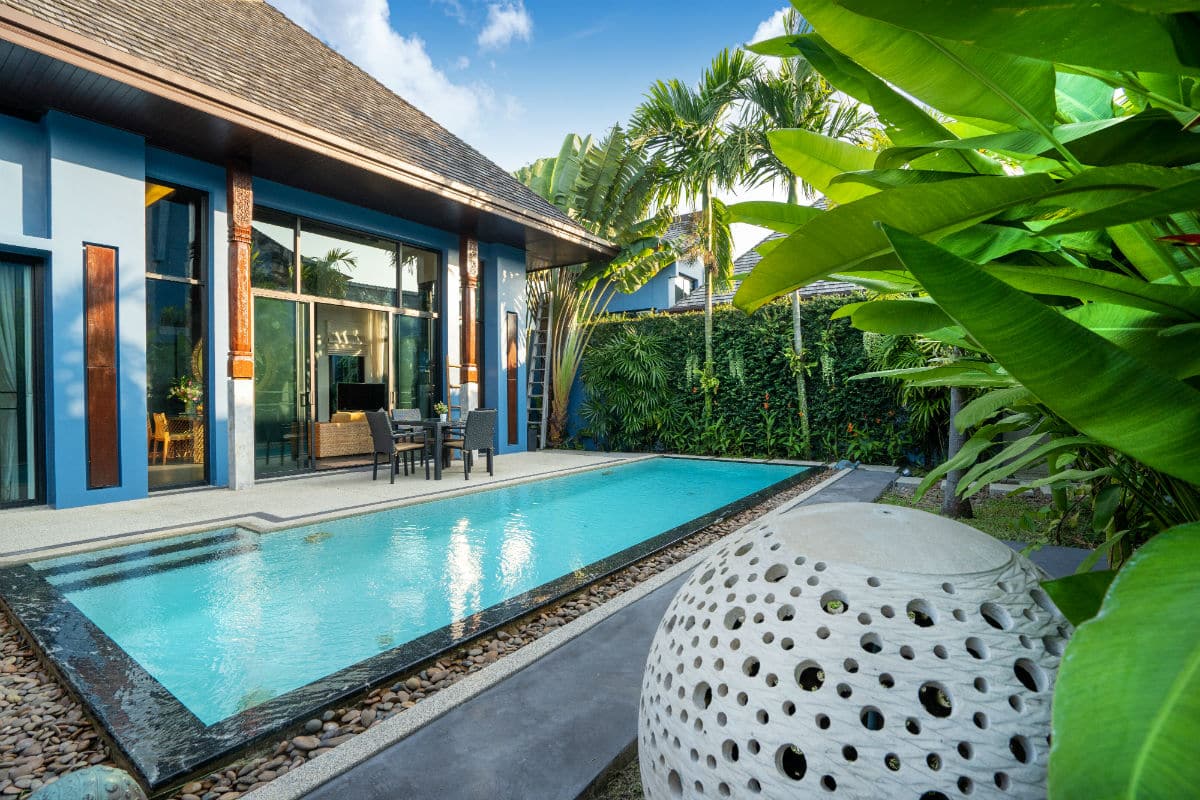There is no better way to cool off this summer than with a cool dip in the pool. Not only is spending time outside great for the body and mind, but it’s also a great opportunity to make some memories with your family. Summertime is the time to have fun. The heat, the cookouts, and the outdoor adventures are just a few of the many things that make summer so great.
It is no secret that having a pool comes with a lot of responsibility. As a pool owner, you need to have the appropriate tools, chemicals, and expertise to maintain a clean and healthy pool. Plus, you must have a reliable pool service company to assist your pool with annual inspections. Fortunately, JR Pools Plastering & Texas Gunite Ltd. is here to help you.
With summer just around the corner, now is the time to ensure your pool is in perfect condition for the summer. Therefore, there are many things you need to watch out for while cleaning your pool. One of the biggest issues after long months of not using a pool is algae. When untreated, algae can cause problems to your pool and pool equipment.
What Is Pool Algae?
Algae is a single-celled chlorophyte. It uses photosynthesis to produce its own food and cling to the walls and steps of your pool. There are several types of algae. They include:
- Green – The most common type of algae that grows in residential and commercial pools
- Mustard / Yellow – Hides in shady parts of the pool
- Black – Consists of dark spots that look like deposits of tar
- Pink – Generally appears in cracks and corners
One of the most common questions among pool owners is if algae is harmful. It is highly recommended not to swim in your pool if the waters are infested with algae. Algae is home to harmful bacteria that feed on it. Plus, it can cause rashes on your skin and infections in your eyes and ears.
Harmful To Your Pool

We will make your pool beautiful again by removing all the algae.
Not only is algae harmful to you, but it also leads to terrible pool damage. So, give us a call today if your pool is currently filled with algae. We want to help prevent further damage to your pool. Algae can:
- Clog your pool filters and make them inefficient
- Damage your pool’s tiles, walls, and floors
- The harmful bacteria in the algae can be a potential health risk
- Algae can clog the pool’s sanitation pathways
- It can make pool surfaces slippy which can lead to risky falls.
Prevent Algae In Your Pool
There are many ways one can prevent algae in their pool. However, one of the most effective is maintaining consistent chlorine levels of 2-4 ppm. You can also:
- Cover your pool when it’s not being used
- Use algaecides to prevent algae growth
- Brush your pool surfaces
- Use a pool vacuum
- Ensure your sanitization filters function properly
At JR Pool Plastering & Texas Gunite Ltd., we understand that you’ve invested a lot of money in your pool and want to keep it clean and healthy. So, give us a call if your pool has been overrun by algae. Our experts will put a quick end to all your pool problems. As a result, you will have a fun and memorable summer.